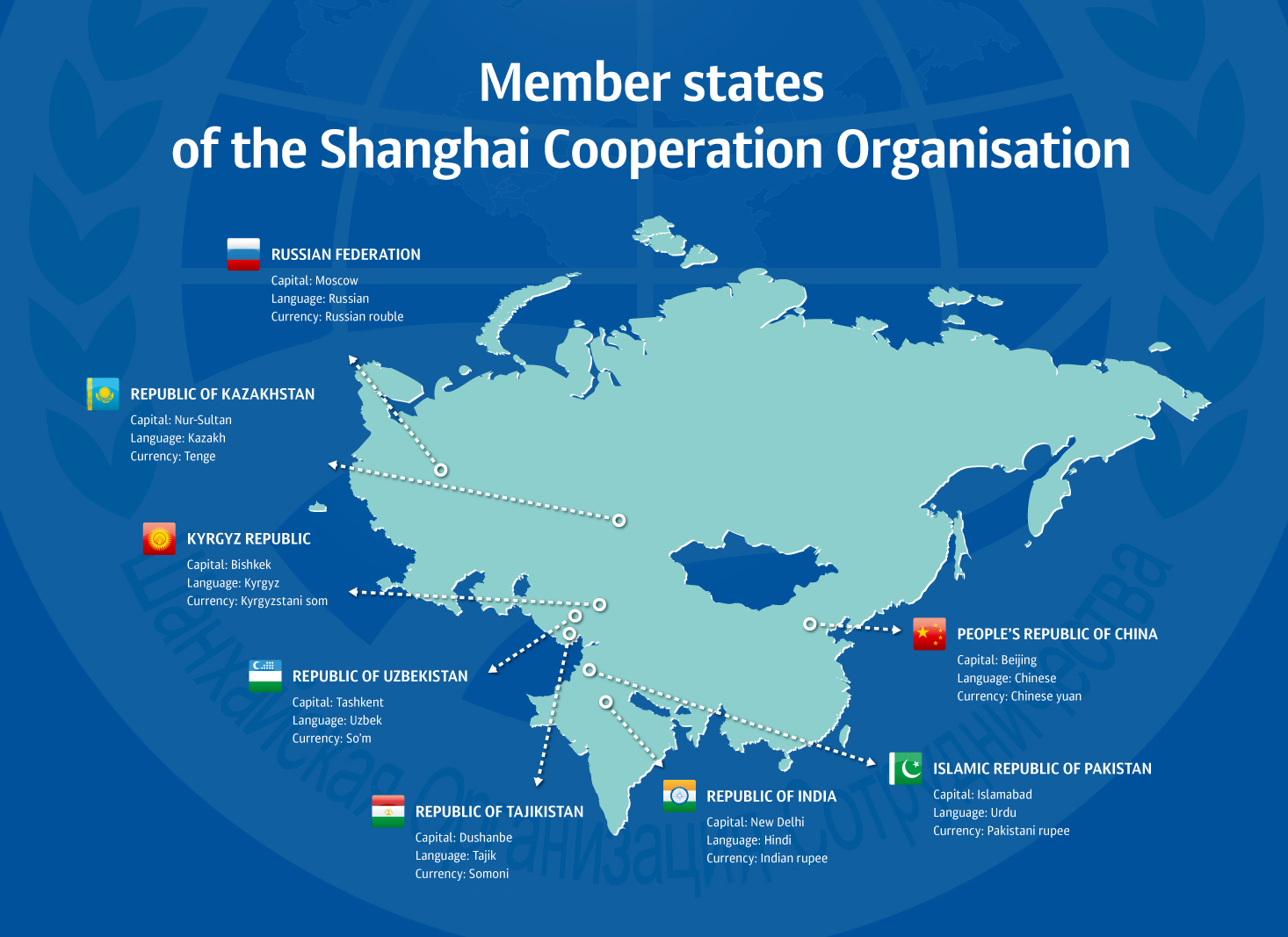Military Medicine Conference | 13 Sep 2019
India is hosting the first conference of Armed Forces Medical Services (AFMS) of Shanghai Cooperation Organisation (SCO) in New Delhi from 12th-13th September 2019.
- Also, this is the first military cooperation event, being hosted by India, after it joined SCO in June 2017.
- The conference has been organised by the Indian Armed Forces supported by Headquarters Integrated Defence Staff (HQ IDS).
- The primary objectives of the conference are to share best practices in the field of military medicine, build capacities and overcome common challenges.
- Deliberations are taking place between military medicine experts of SCO Member States on rendering of combat medical support, humanitarian assistance during disasters and measures to improve patient safety.
- The Defence Minister of India has called upon the Armed Forces Medical Services (AFMS) of SCO countries to devise ways to effectively deal with new threats posed to soldiers by the ever-advancing battlefield technology.
- In India, the Directorate General Armed Forces Medical Services (DGAFMS) is an apex organization which coordinates the medical services of the Army, Navy and Air Force.
- It is under the Ministry of Defence, headed by a Lieutenant General (Lt Gen)/equivalent officer of Navy or Air Force.
- The conference gains importance in the background of building capabilities to deal with the menace of bioterrorism, a real threat the world is facing today.
- The Regional Anti-Terrorist Structure (RATS) is a permanent organ of the SCO which serves to promote cooperation of member states against the three evils of terrorism, separatism and extremism. It is headquartered in Tashkent, Uzbekistan.
Bio-terrorism
- A biological attack or bioterrorism is the intentional release of viruses, bacteria, or other germs that can sicken or kill people, livestock, or crops.
- Bacillus anthracis, the bacteria that causes anthrax, is one of the most likely agents to be used in a biological attack.
- In the Indian context, with the existence of hostile neighbours like Pakistan, the threat of biological warfare cannot be ruled out entirely.
India’s Preparedness
- Several nodal ministries have been earmarked for dealing with epidemics caused by bioterrorism.
- Early Detection: The Ministry of Health and Family Welfare is tasked with providing directions and technical support for capacity building, surveillance and early detection of an outbreak.
- Assessment of Threat: The Ministry of Home Affairs (MHA) is responsible for the assessment of the threat, intelligence inputs and implementation of preventive mechanisms.
- National Disaster Response Force (NDRF) is a specialised force constituted under MHA to deal with chemical, biological, radiological and nuclear (CBRN) attacks.
- Biowarfare: The Ministry of Defence (MoD) is responsible for managing the matters and consequences of biowarfare.
- The Defence R&D Organization (DRDO) is actively pitched into developing protective systems and equipment for troops to contend against nuclear, biological and chemical warfare.
- India has ratified the Biological Weapons Convention (BWC), which effectively prohibits the development, production, acquisition, transfer, stockpiling and use of biological and toxin weapons and is a key element in the international community’s efforts to address the proliferation of weapons of mass destruction.
- India is one of the participants in the Australia Group, an informal arrangement which aims to allow exporting or transshipping countries to minimise the risk of assisting chemical and biological weapon (CBW) proliferation.

